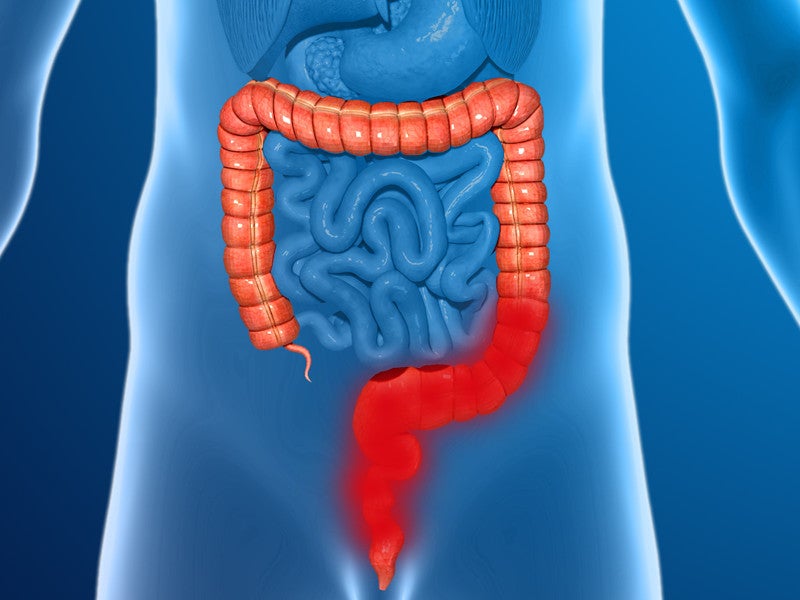
AbbVie has reported that its oral drug, upadacitinib, met the primary and key secondary goals in the Phase III U-EXCEED induction trial to treat individuals with Crohn’s disease.
A selective and reversible inhibitor of JAK, the therapy is being analysed as an oral treatment for moderate to severe Crohn’s disease, as well as various immune-mediated inflammatory ailments.

Discover B2B Marketing That Performs
Combine business intelligence and editorial excellence to reach engaged professionals across 36 leading media platforms.
The multicentre, double-blind, randomised, placebo-controlled trial analysed the efficacy and safety of 45mg upadacitinib as induction therapy in adult subjects with Crohn’s disease.
Participants who poorly responded to or are not tolerant of biologic treatment were enrolled in the trial.
The trial had slightly varying sets of primary and secondary goals for the US Food and Drug Administration (FDA) and the EU European Medicines Agency (EMA).
Attainment of clinical remission and endoscopic response at week 12 were the primary goals of the trial.

US Tariffs are shifting - will you react or anticipate?
Don’t let policy changes catch you off guard. Stay proactive with real-time data and expert analysis.
By GlobalDataClinical remission was analysed according to the Crohn’s Disease Activity Index (CDAI) for the FDA while, for the EMA, it was analysed by stool frequency and abdominal pain (SF/AP) reported by the subjects.
Findings showed that 39% of subjects who received a 12-week induction treatment of upadacitinib attained clinical remission as per CDAI at week 12 versus 12% in the placebo arm.
Clinical remission as per the SF/AP was observed to be 40% in the upadacitinib arm as against 14% in the placebo arm.
Nearly 35% of the subjects in the upadacitinib arm attained endoscopic response versus 4% in the subjects treated with placebo at week 12.
Furthermore, a greater proportion of people who received upadacitinib attained steroid-free clinical remission at week 12 versus placebo.
The safety profile of the drug was in line with those reported in prior trials across indications without any new risks noted.
Nasopharyngitis was the most common side effect linked to upadacitinib reported in the trial.
AbbVie vice-chairman and president Michael Severino said: “The data from this first Phase III induction study in Crohn’s disease suggest upadacitinib may help address the needs of patients suffering from this disease, as demonstrated in stringent endpoints such as endoscopic response.
“We continue to leverage our expertise in IBD by driving research and development that help shape the IBD landscape and elevate standards of care for patients.”
In June, AbbVie’s upadacitinib met the primary endpoint and all secondary goals at one year in the Phase III maintenance study in individuals with ulcerative colitis.





